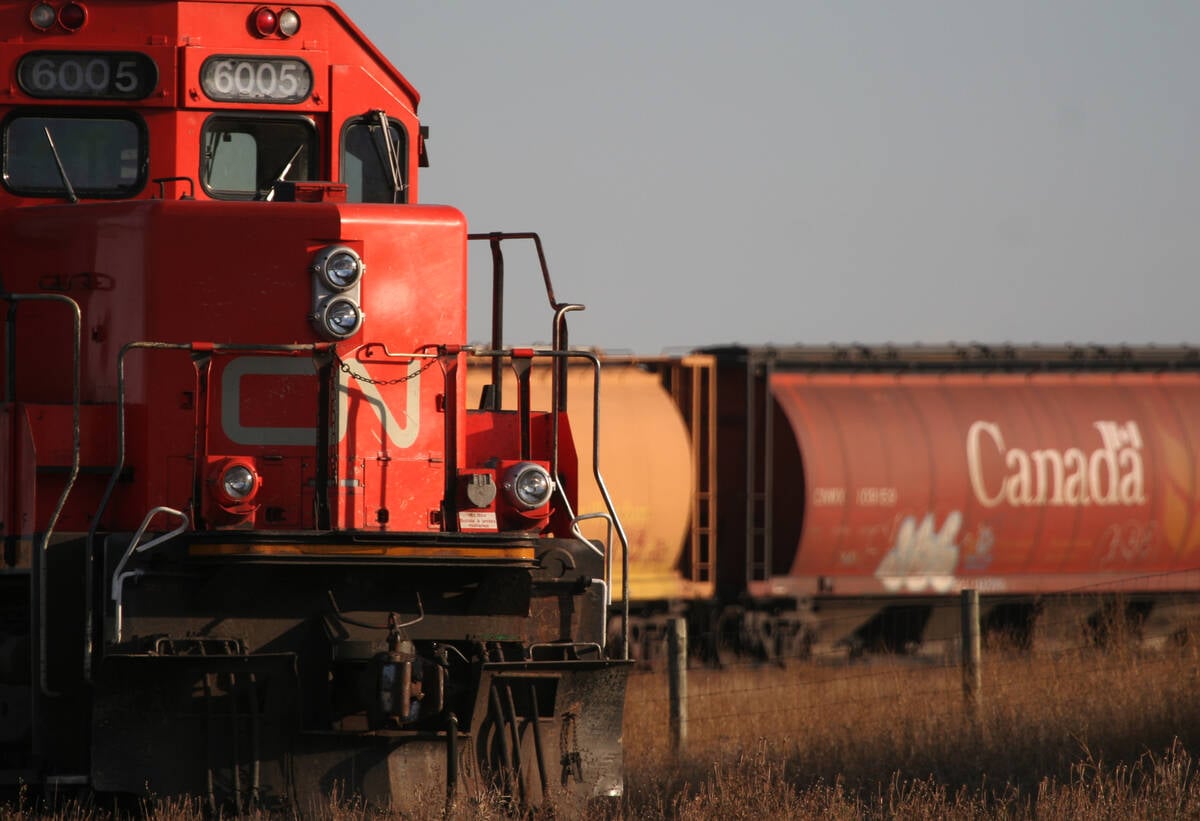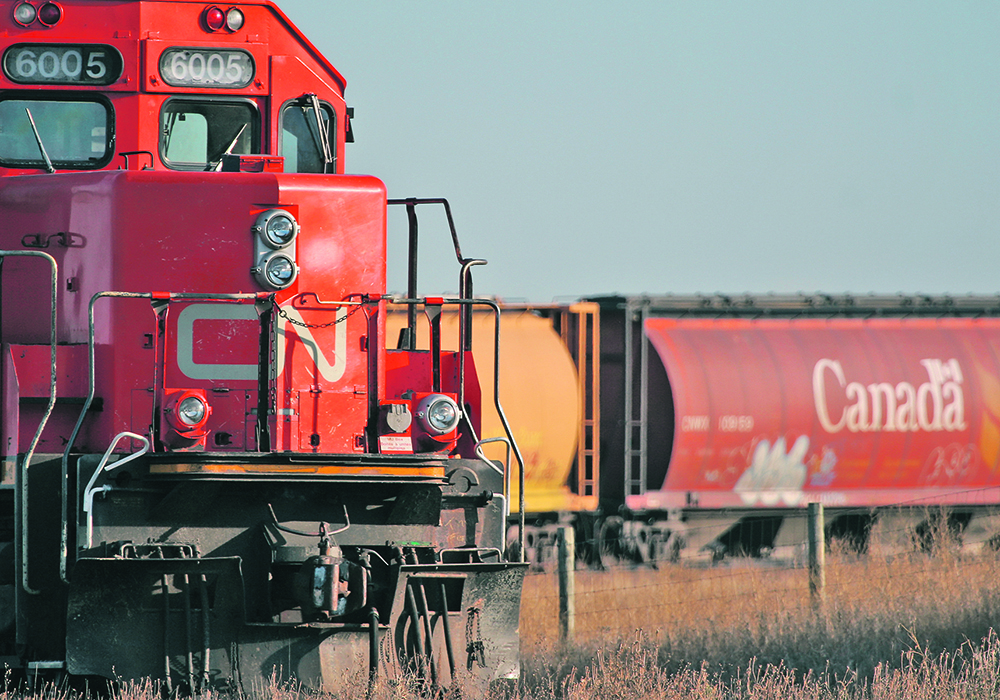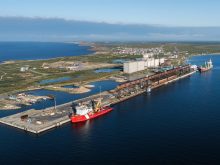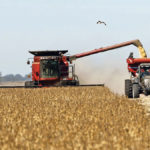Editor’s Note: This column should have noted that the CP takeover of KCS has not been completed and isn’t expected to receive regulatory approval until the second half of 2022. Until approval, the two companies will continue to operate separately.
Canada’s two main railways, Canadian National Railway and Canadian Pacific Railway, hauled a lot of grain last crop year.
“CN Achieves Record Grain Movement for 2020-2021 Crop Year and Submits Its 2021-22 Grain Plan” proudly stated the railway on Aug. 3.
The 31 million tonnes it moved beat the previous record of 29.4 million tonnes set just the year before.
Read Also

Working groups established to address challenges in the containerized and bulk movement of commodities
CN is working with the pulse and special crops sector on resolving challenges in shipping those commodities.
That’s something to celebrate. After all, those who farm (that’s my target audience) and those who care about their interests (that’s people like me) have often criticized and condemned the railways when they appear to have provided poor service. When they do a great job, they should be celebrated.
But now is not only a time in which it would be dangerous for farmers and other railway-reliant people to lie back on their laurels, but one in which there is real danger the next period of railway underperformance is about to be wrought.
Farmers need to be hyper aware of what’s going on with CN and CP right now. Both face great pressures that could see their service levels fall in coming years, depending upon how they react.
CP just took over American competitor Kansas City Southern railway for an equivalent of US$31 billion. The move creates an impressive company, one that has rails running deep through Canada, the United States and Mexico, making it a truly continental player.
There are great advantages to CP with this, allowing it to keep much more traffic on its own rails and making tri-country movement not just more efficient, but also likely to be more affordable and available.
But CP had to swallow a lot of debt to make this takeover happen. Its arch-enemy, CN, made the situation infinitely worse for it with a rival bid that eventually failed due to regulatory issues, but which saw CP forced to pony up billions of extra dollars to close the deal.
How’s CP going to pay for that?
The company is issuing shares to former KCS shareholders, giving them 28 percent of CP’s common shareholder base. It’s also borrowing US$8.5 billion and assuming $3.8 billion in KCS debt.
That will take CP’s indebtedness to about $20 billion overall, or more than double the amount pre-merger. That’s got to be carried and covered by operations.
Maybe CP will cover and pay down that debt by running a really fantastic rail service that delights all of its customers. That’d be nice. Or maybe it’ll slash costs, cutting rail crews, reducing its locomotive fleet and slowing maintenance and capacity improvements. That wouldn’t be very nice for farmers.
It’s something farmers should monitor.
You might think CN is, financially, off the hook with this, forcing its competitor into a higher bid and not having to swallow KCS itself.
But CN’s problems aren’t coming from taking on extra debt or having to integrate another company. They’re coming from within.
One of CN’s biggest shareholders is spitting mad about CN’s botched takeover bid, which exacerbates existing annoyance over some railroading metrics that suggest the company is a profitability laggard among its peers. It has launched a bid to replace much of the board of directors and wants to replace the chief executive officer, J.J. Ruest.
In response to the shareholder revolt, CN has announced an overhaul, including boosting operating income and buying back shares.
One element is the slashing of more than 1,000 jobs and eliminating some non-rail businesses. That’s where farmers need to worry. With any business there’s always a temptation, when a better return is needed today, to squeeze existing investments and cut back on new investments. It’s putting the future on hold to deal with today’s problems.
A healthy business avoids that, but one under pressure might need to embrace it. Every farm goes through this.
It’s pretty safe to say CN’s current board and chief executive officer are feeling that pressure right now and are already reacting with capacity-reducing moves.
The staff cuts will have an effect on operations. Buying back shares costs money, and that’s money that can’t be invested in boosting rail capacity.
The railways have invested lots of money in recent years, increasing capacity and providing great service to farmers. We should applaud them for that.
Perhaps some fat has built up during that expansion and each one can use this post-merger period to trim down into a more agile player without damaging their ability to continue to provide good service.
But farmers need to keep watch because the decisions being made now could have a big impact on the rail service they get once the 2021-22 crop has slipped through the system.
A fat crop in 2022-23 or following year might be thrust upon a couple of slimmed-down railways that have trouble carrying the weight.
















